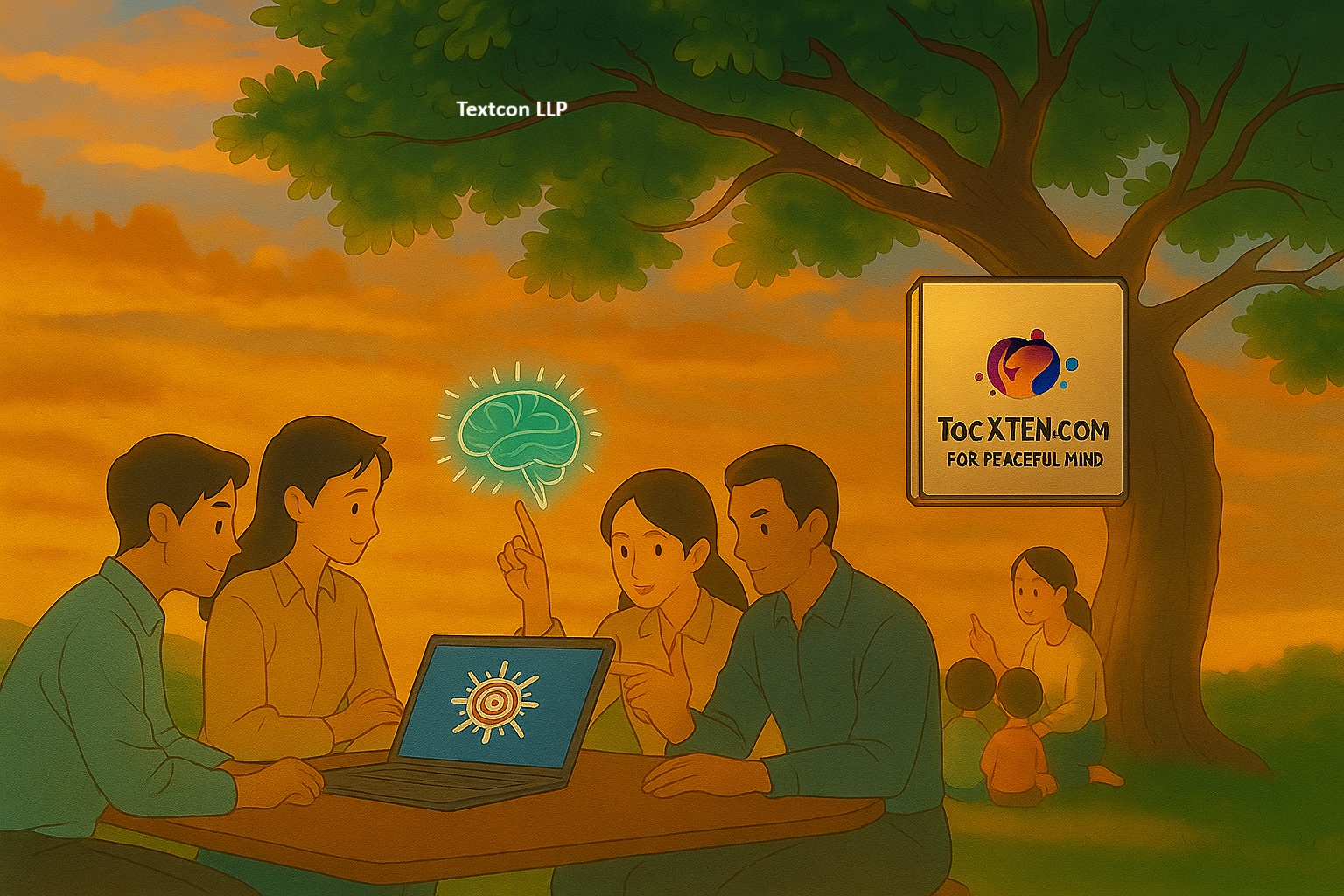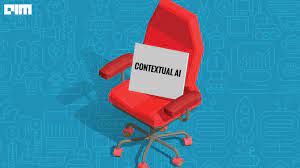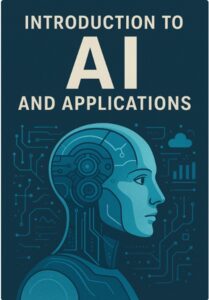Author : Dr.Thyagaraju G S
***************************************************************************************************************************
Humans are unique as compared to other animal beings in learning and applying the learned knowledge to provide best solutions for real time problems. Trends in technologies are progressing in such a way that in future, human created systems will gradually acquire human capabilities like Contextual Consciousness and Intelligence. Context represent the situation of an entity of interest. Contextual Consciousness represents the ability of being aware/conscious about the context of entity and its surroundings. And intelligence represents the ability to apply the knowledge to perform actions under given context in a given environment. These 2 qualities, Contextual Consciousness and Intelligence, are so much important and complex that even human beings require a lot of hard work, training and practice to possess and apply them judiciously.
What is Context ?
For me the world is contextual and life is contextual. Any person who is conscious of context and apply knowledge/ wisdom judiciously in every context can lead a peaceful and successful life. Every thing (living/non living) exists and are made for some context. Every events/ actions /changes in things results in new context and hence updating the old context. Everything in the universe observable and not observable are moving from current context towards next context.
Definition : Context represents the situation of an entity .

Definitions given by earlier works and standard dictionaries agree on the key idea that context describe situation. This definition clearly states that context is always bound to an entity. The entity itself is regarded as something that is relevant to the interaction between a user and an application. The user-application relationship is rooted in the traditional notion of an application, but not limited to it.
Dey and Abowd (2000) have also confirmed this by defining context as:
‘‘Any information that can be used to characterize the situation of an entity. An entity is a person, a place, or a physical or computational object that is considered relevant to the interaction between a user and an application, including the user and application themselves.’’
Winograd (2001) indicated that definitions like this are intended to be adequately general to cover the work that has been done on context-based interactions. He however argues that in using open-ended phrases such as ‘‘any information’’ and ‘‘characterize’’, it becomes so broad that context covers everything without boundary. According to Winograd, ‘‘something is context because of the way it is used in interpretation, not due to its inherent properties. The voltage on the power lines is a context if there is some action by the user and/or computer whose interpretation is dependent on it, but otherwise is just part of the environment.’’
Pascoe defines context as “Context could be generally described as the subset of physical and conceptual states of interest to a particular entity.” Contextual information is related to a certain entity.
Context Entity
Entity may be any thing that is observable or not observable. Some of the examples of entities to list are : person, place, atom, pen, book, observable universe, not observable universe, computer, programs , speech, user, data sets, mobile, TV, birds, animals, etc.
For me the world is contextual and life is contextual. Any person who is conscious of context and apply knowledge/wisdom judiciously can lead a peaceful and successful life. Every thing (living/non living) exists and are made for some context. Every events/ actions /changes in things results in new context and hence updating the old context.
.…Will be Continued





